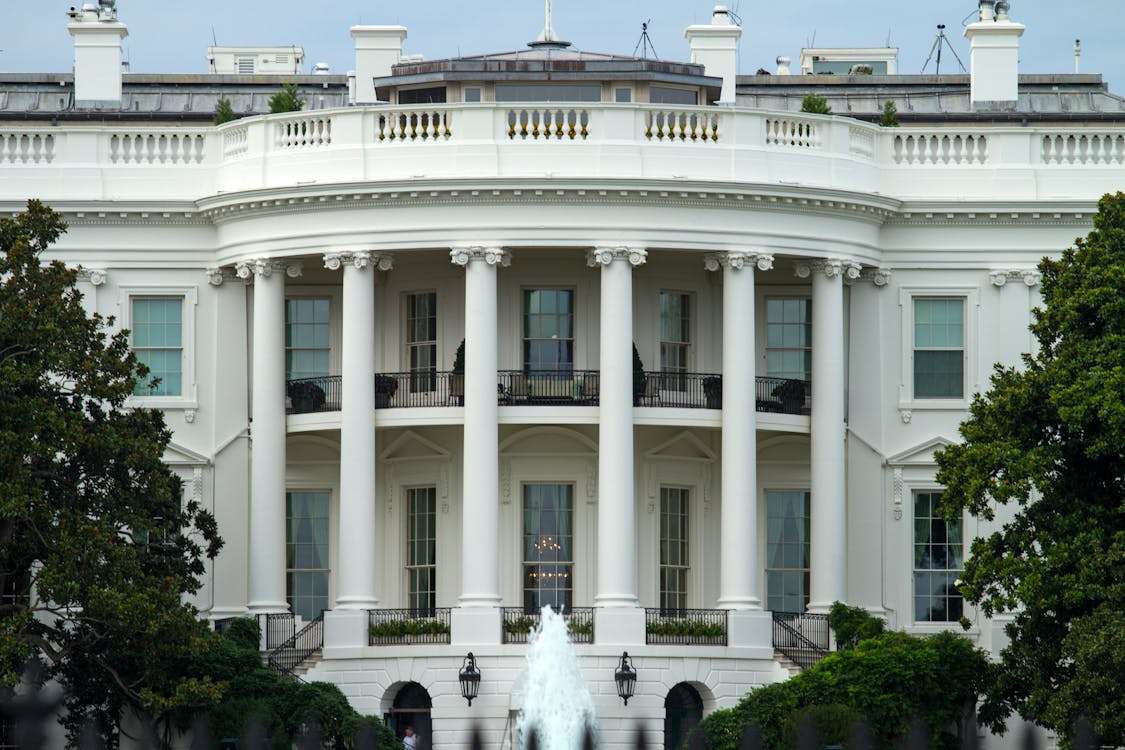The IRS recently announced inflation adjustments for the 2025 tax year, including significant updates to the estate and gift tax limits. These changes provide opportunities for tax-efficient wealth transfer and estate planning, making it crucial for individuals and families to understand the new thresholds.
Key 2025 Tax Figures for Estate and Gift Taxes
- Estate Tax Exemption
The federal estate tax exemption for 2025 is $13.99 million per individual, up from $13.61 million in 2024. This means that estates valued below this threshold are not subject to federal estate tax. For married couples utilizing portability, the combined exemption is $27.98 million. In Minnesota, the estate tax exemption remains at $3.0 million per individual. Because Minnesota does not allow for portability, Minnesota couples need to employ estate planning strategies to ensure proper use of each spouse’s full exemption amount. - Lifetime Gift Tax Exclusion
The lifetime gift tax exclusion also rises to $13.99 million per individual in 2025. This unified exemption allows taxpayers to make significant lifetime gifts without incurring federal gift taxes. - Annual Gift Tax Exclusion
The annual gift tax exclusion increases to $19,000 per recipient in 2025, up from $18,000 in 2024. Taxpayers can gift up to this amount to any number of recipients annually without impacting their lifetime gift tax exclusion.
Opportunities for Tax Planning in 2025
These adjustments create opportunities to transfer wealth efficiently. Here are a few strategies to consider:
- Leverage Annual Gifts: With the increased annual exclusion, individuals can gift up to $19,000 per recipient without filing a gift tax return. Married couples can jointly gift $38,000 per recipient, doubling the impact.
- Utilize Lifetime Exclusions: High-net-worth individuals can take advantage of the $13.99 million lifetime exclusion to make substantial lifetime gifts or fund trusts, minimizing future estate tax liabilities. There is no gift tax currently in Minnesota.
- Plan for Portability: Married couples may elect portability at the federal level, allowing unused estate tax exemptions to pass to the surviving spouse. No such option exists in Minnesota.
Looking Ahead: The 2026 “Sunset”
While the current high exemption levels offer significant benefits, it’s important to note the “sunset” provision under the Tax Cuts and Jobs Act (TCJA). Unless Congress acts, the estate and gift tax exemptions will revert to pre-2018 levels (approximately $5 million per individual, adjusted for inflation) starting in 2026. It is likely that the new administration will extend the TCJA, but until that happens, it is prudent to review your estate planning with your tax advisors and estate planning attorney.
Conclusion
The 2025 estate and gift tax updates present valuable opportunities for wealth transfer and estate planning. By understanding and utilizing the increased exemptions, individuals and families can achieve their financial goals while minimizing tax exposure. However, with significant changes potentially on the horizon in 2026, consulting with estate planning professionals is essential to ensure strategies align with long-term objectives.
For more detailed information, visit the IRS’s official announcement on 2025 tax adjustments.











